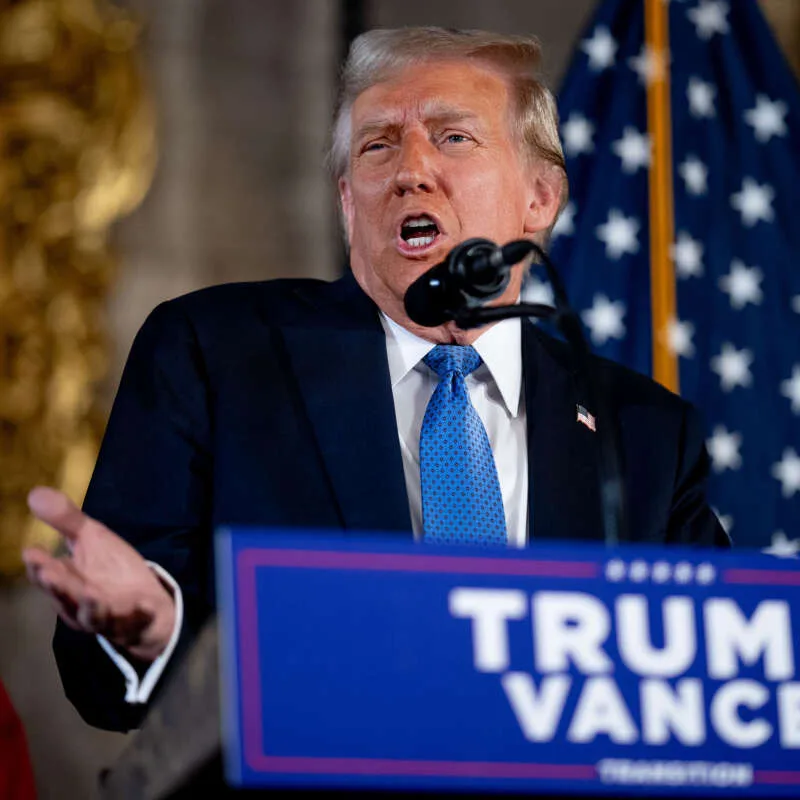In a recent development, former President Donald Trump engaged in a heated confrontation with Panamanian authorities regarding their handling of immigration policies as part of a larger discussion on Central America’s role in the ongoing migration crisis. Trump criticized Panama for the way it manages the increasing flow of migrants from South America, stating that their policies were ‘not sufficient’ and placing additional pressure on neighboring countries. During his remarks, he emphasized, ‘We need to take a stronger stance to ensure that we are not being overwhelmed by these waves of people seeking refuge.’
Concurrently, Senator Marco Rubio of Florida is on a significant tour through Central America, particularly focusing on Panama, Honduras, and Guatemala. His trip aims to strengthen diplomatic relations and address the root causes of migration in the region. Rubio stated, ‘We need to collaborate more effectively with our neighbors to find lasting solutions to this crisis. It’s not just about stopping migration; it’s about creating conditions that allow people to thrive in their home countries.’
The backdrop of these discussions comes amidst increasing tensions in Panama due to the rising numbers of migrants traversing the Darién Gap and attempting to reach the United States. Reports indicate that more than 100,000 migrants have crossed the region in recent months, a stark increase from previous years. Trump’s confrontation and Rubio’s diplomatic efforts come at a critical time, as leaders in the region seek to cooperate with the U.S. to manage the spillover effects of instability and economic challenges in their countries.













